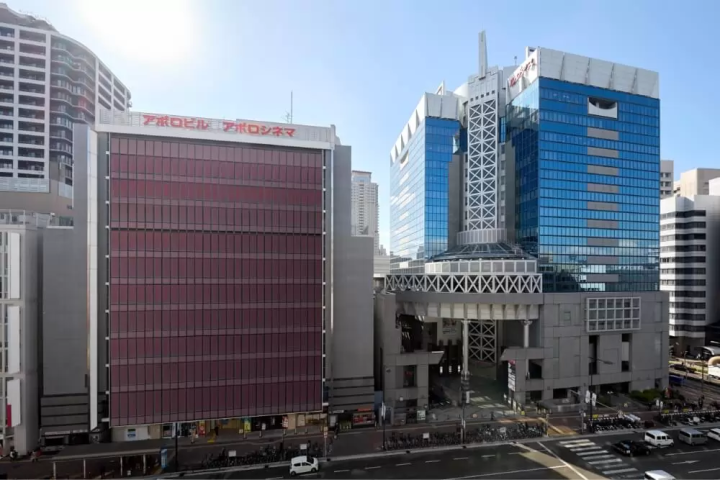[Kobe City] The mansion of a German trader, "Kazamidori no Yakata"
![[Kobe City] The mansion of a German trader, "Kazamidori no Yakata"](https://resources.matcha-jp.com/resize/720x2000/2023/12/08-155639.webp)
The Weathervane House, with its brick-decorated exterior and weathervane atop its spire, is a symbol of the city of Kitano. This building was the home of German trader Gottfried Thomas, and you can tour the rooms that mainly incorporate traditional German style.
-
Table of Contents
- Convenient access via the City Loop
- Great value bus tickets
- "Weathervane House" was the home of German trader Thomas.
- Each room has a different design! Highlights of the building
- Original goods that can only be purchased here
- basic information
Convenient access via the City Loop
![[Kobe City] The mansion of a German trader, "Kazamidori no Yakata"](https://resources.matcha-jp.com/resize/720x2000/2023/12/08-155643.webp)
The Kazamidori no Yakata is located on a hill about a 15-minute walk from Sannomiya Station or Shin-Kobe Station on each line. If you use the City Loop, you can easily travel Saka from Sannomiya Station, and it is a 5-minute walk from the Kitano Ijinkan stop.
Great value bus tickets
Kobe 1-day bus ticket
This bus ticket allows unlimited use of the City Loop and Port Loop buses that run within Kobe City for 700 yen per day. If you're planning on touring Kobe 's tourist sites, use this ticket for an easy and comfortable trip.
There is no dedicated parking lot at Kazamidori no Yakata. If you are coming by car, please use the paid parking lots in the surrounding area.
If you are considering touring around Himeji and Hyogo prefecture in addition to Kobe , we recommend this ticket! This mobile ticket includes the contents of the Kobe 1-day bus ticket and allows unlimited rides on Shinki Bus route buses for 1,000 yen per day. *Limited to foreign visitors tourists visiting Japan
"Weathervane House" was the home of German trader Thomas.
![[Kobe City] The mansion of a German trader, "Kazamidori no Yakata"](https://resources.matcha-jp.com/resize/720x2000/2023/12/08-155648.webp)
There are many foreign-style houses remaining in Kitano Ijinkan-gai, but the Weathercock House in particular is a symbol of the area. It is introduced in guidebooks as a "must-see spot" when visiting Kitano Ijinkan-gai.
The Weathervane House was built around 1909. The building was built by the German trader Gottfried Thomas, and designed by Georg de Lalande, a German who was active in Japan from the latter half of the Meiji period through to the Taisho period.
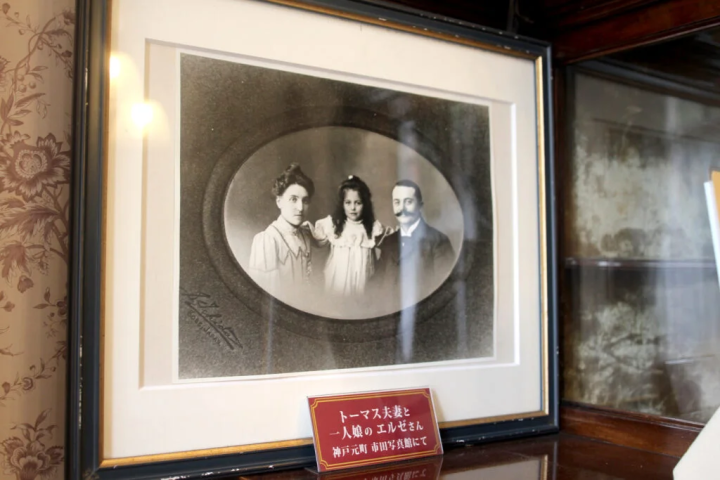
This building also served as a guesthouse for Thomas, who was a trader, to invite business partners. If you look closely inside the building, including the exterior, which is said to be the symbol of the town, you will see many interesting designs.
![[Kobe City] The mansion of a German trader, "Kazamidori no Yakata"](https://resources.matcha-jp.com/resize/720x2000/2023/12/08-155650.webp)
The first thing to note is the exterior. Its brick-decorated exterior is the only one of the foreign-style houses still standing in the Kitano-Yamamoto area. The bricks are designed to look like English masonry and were constructed using the latest construction methods at the time.
In addition, four different styles are adopted: the roof is in the Neo-Gothic style, the turret below and the second floor are in the half-timbered style, and the stonework in the semi-basement is in the classical style.
![[Kobe City] The mansion of a German trader, "Kazamidori no Yakata"](https://resources.matcha-jp.com/resize/720x2000/2023/12/08-155651.webp)
One of the features of Weathervane House is the weathervane on top of the steeple. It is said that this weathervane has the meaning of warding off evil spirits, and also served as a landmark for Mr. Thomas's house.
The brick-decorated exterior and the weather vane on top of the spire were apparently easily visible from the sea at the time, and were also meant to make the mansion easily recognizable for guests visiting by boat.
![[Kobe City] The mansion of a German trader, "Kazamidori no Yakata"](https://resources.matcha-jp.com/resize/720x2000/2023/12/08-155653.webp)
The Weathercock House rose to fame when it was the setting for the NHK television serial drama "Weathercock" that aired from Showa to 1978. In Showa, it was designated as a National Important Cultural Property.
The museum is scheduled to be closed for an extended period from October 1, 2023 to March 31, 2025 (tentative date) due to earthquake-resistance renovation work. The interior of the building as it was when it was originally built will be available until September 30th, so why not take this opportunity to visit?
Each room has a different design! Highlights of the building
![[Kobe City] The mansion of a German trader, "Kazamidori no Yakata"](https://resources.matcha-jp.com/resize/720x2000/2023/12/08-155654.webp)
When you step inside the building, you'll notice the luxurious design of each room on the first floor. As mentioned earlier, this mansion also served as a guesthouse where Thomas would entertain business partners, and the interior design on the first floor is full of Thomas's personal touches.
![[Kobe City] The mansion of a German trader, "Kazamidori no Yakata"](https://resources.matcha-jp.com/resize/720x2000/2023/12/08-155655.webp)
For example, the dining room here is decorated with a design that seems to be inspired by Stolzenfels Castle in western Germany, Thomas' hometown. The jagged design on the top of the wainscoting protecting the walls is inspired by castle walls, and the chandeliers overhead are inspired by crowns.
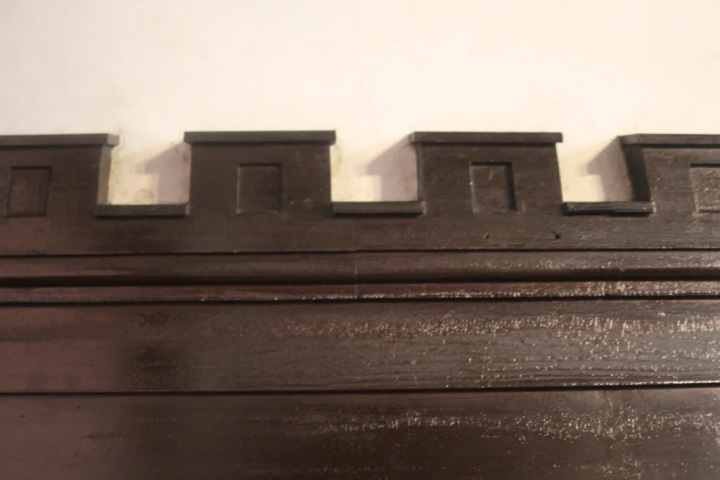
![[Kobe City] The mansion of a German trader, "Kazamidori no Yakata"](https://resources.matcha-jp.com/resize/720x2000/2023/12/08-155658.webp)
On the other hand, the second floor, which contains the breakfast room, bedrooms, and children's rooms, is very simply designed. Since the second floor is the family's private space, it is designed simply and not extravagantly.
It's interesting to note that when comparing the first and second floors, the lighting and doorknobs are different, giving an insight into Mr. Thomas's personal philosophy.
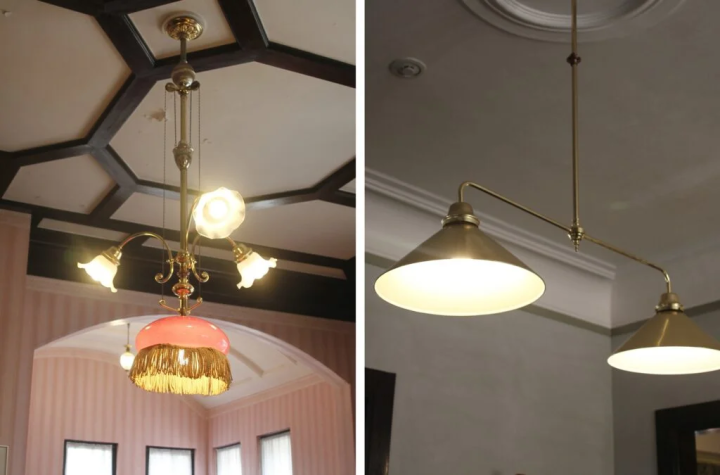
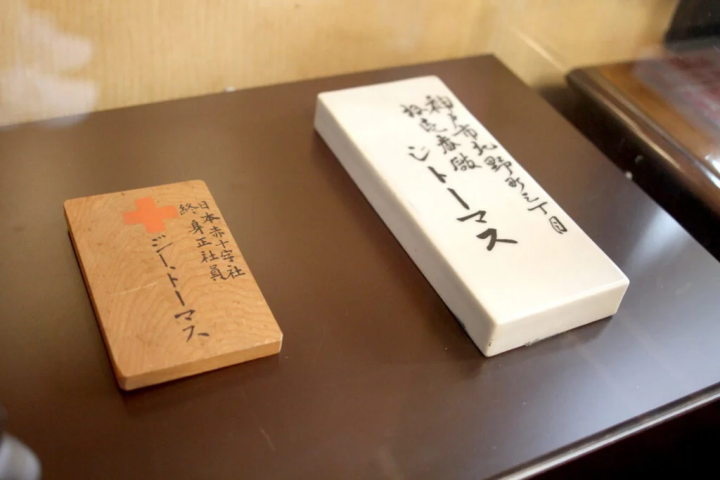
Incidentally, this building has changed owners nine times. The tenth and current owner is Kobe City, but the previous owner was the Chinese Common School, a private elementary and junior high school for overseas Chinese.
Currently, the interior has been restored to how it was when Thomas lived there, based on old photographs, but it used to be furnished with bunk beds and served as a dormitory for around 50 children, which shows that the house was spacious enough for so many people to live there.
![[Kobe City] The mansion of a German trader, "Kazamidori no Yakata"](https://resources.matcha-jp.com/resize/720x2000/2023/12/08-155662.webp)
There are explanations posted throughout the building introducing the highlights of the Weathervane House, so you can enjoy your visit even more by carefully reading them. If you want to know more about the Weathervane House, we recommend joining a tour (from 500 yen each, admission fee not included).
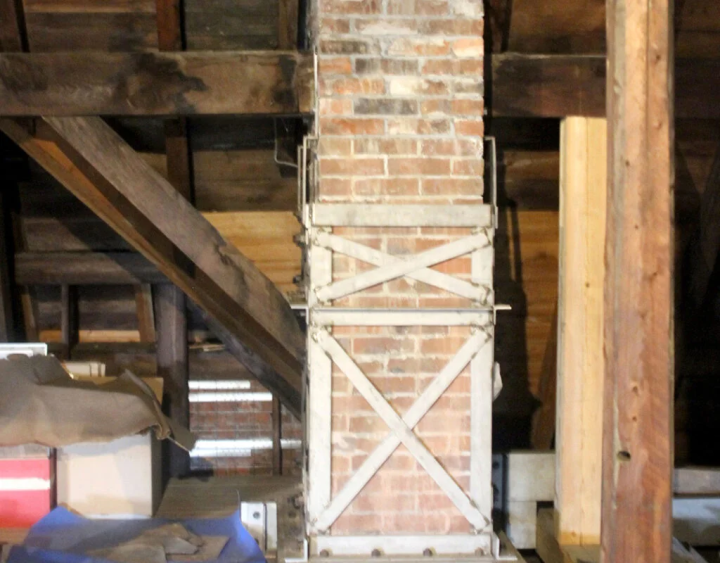
Until the end of September 2023, there will be an "Art Tour" introducing the art and craftworks that remain in the building, a "Butler Tour" introducing the life of the Thomas family, as well as the "Weathercock House & Moegi House Backyard Tour" which allows you to see areas that are not open to the public on the Hyogo Terroir Travel Special Tour, and the "Kobe Kitano Ijinkan Weathercock House & Rhein House Night View Tour" which allows you to tour the building after closing time. It's a must-see for anyone who wants to enjoy a special experience.
Reference: Hyogo Terroir Trip in KOBE
Kobe Kitano Foreigner's Residence "Weathercock House"
Original goods that can only be purchased here
There is a shop on the second floor, where you can find original products from "Kazamidori no Yakata." If you are looking for a memento or souvenir of your visit, be sure to stop by.
![[Kobe City] The mansion of a German trader, "Kazamidori no Yakata"](https://resources.matcha-jp.com/resize/720x2000/2023/12/08-155664.webp)
This coaster (420 yen) is a product of STUDIO KIICHI, a leather brand from Kobe, Kobe. The luxurious leather is engraved with the original Kazamidori no Yakata logo.
There is a Toyotomi variety of colors to choose from, so it's fun to choose.
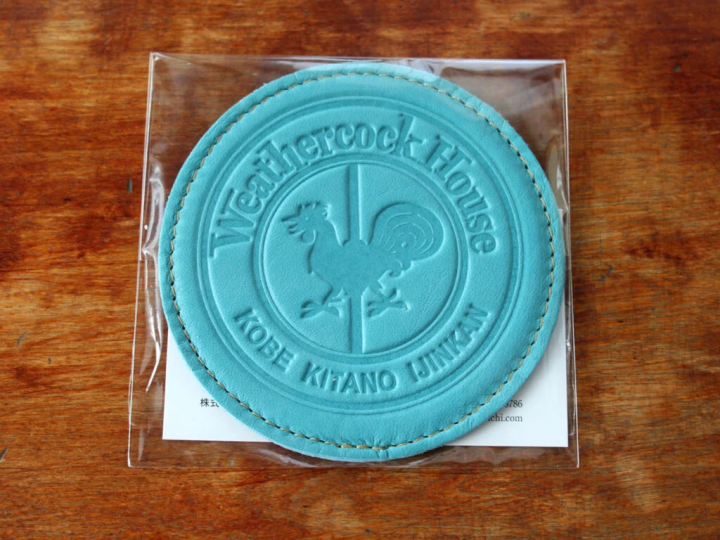
![[Kobe City] The mansion of a German trader, "Kazamidori no Yakata"](https://resources.matcha-jp.com/resize/720x2000/2023/12/08-155666.webp)
The simply designed "tote bag" is also popular. It comes in two sizes, small (2,000 yen) and large (2,800 yen), and the small bag comes in two colors, navy blue and white, while the large bag comes in three colors, navy blue, white, and brown.
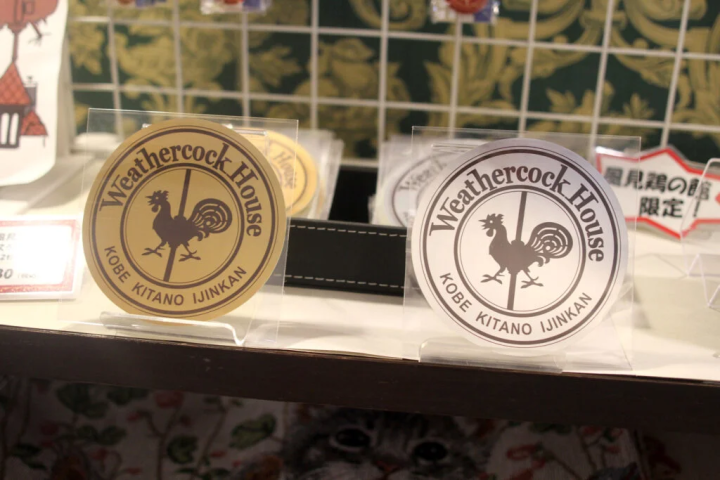
From October 1, 2023 to March 31, 2025 (tentative), the Weathercock House will be closed for an extended period due to earthquake-resistance renovation work (this may change depending on the progress of the work, etc. The exterior can be visited).
Until the end of September 2023, there will be a "Closing Event - Until We Meet Again" event, which will include the setting up of a countdown photo spot, an "Exhibition of Thoughts for Weathercock House," a "Weathercock House Oshikatsu Seminar," and a closing ceremony "Looking forward to the Day We Meet Again."
Don't miss this opportunity!
(Writer: Nakata/West Plan)
*This article is current as of July 2023. Prices include tax. Product contents and prices may be subject to change.
basic information
Weathervane House
Address: 3-13-3 Hyogo Prefecture , Chuo Ward , Kobe City
Phone number: 078-242-3223
Business hours: 9:00-18:00 (entry until 17:45)
*There are no toilets in the building. Please use the toilets at the Kitano Tourist Information Center.
Closed: The first Tuesday of June and February (if the regular closing day falls on a national holiday, the next day will be closed) Admission fee: 500 yen for adults, free for high school students and younger
*450 yen for those with a City Loop 1-day pass
Access: 15 minutes on foot from Sannomiya Station or Shin-Kobe Station on all lines; 5 minutes on foot from the Kitano Ijinkan stop on the City Loop
Parking: None
HP: https://kobe-kazamidori.com/
Social Media: Instagram
What are good things and good experiences? There are many characteristics such as having a story to tell, overflowing with the thoughts of the creator, having a history, and being loved by the locals. Have you ever come across a special thing or experience that made you want to tell someone about it? And as a result of telling, someone new leads to something. We think that's what "good" is all about. In order to deliver such encounters to our customers, we discover Hyogo's good things based on the concept of "talk, communicate, and connect", and provide information that will shorten the emotional distance between customers and the region of Hyogo Prefecture.
The contents on this page may partially contain automatic translation.


![[Kobe City] A one-day bus ticket is a great deal if you want to visit Kitano Ijinkan-gai, Nankin-cho, and other famous spots in Kobe!](https://resources.matcha-jp.com/resize/200x2000/2023/09/25-146866.webp)
![[Hyogo Prefecture] Unlimited rides on local buses for just 2,500 yen! Travel around Hyogo Prefecture at a great price](https://resources.matcha-jp.com/resize/200x2000/2023/09/25-146913.webp)



















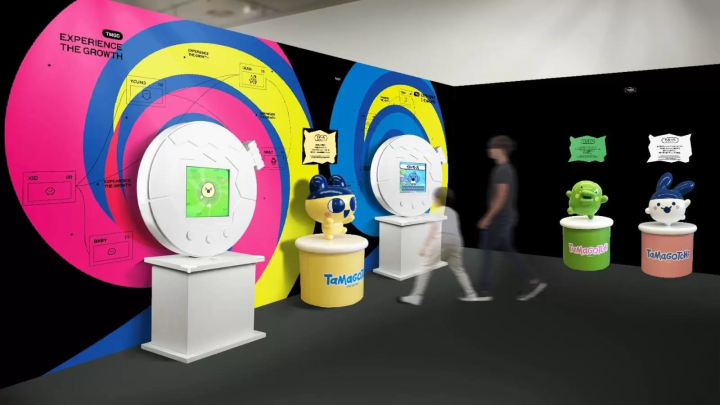
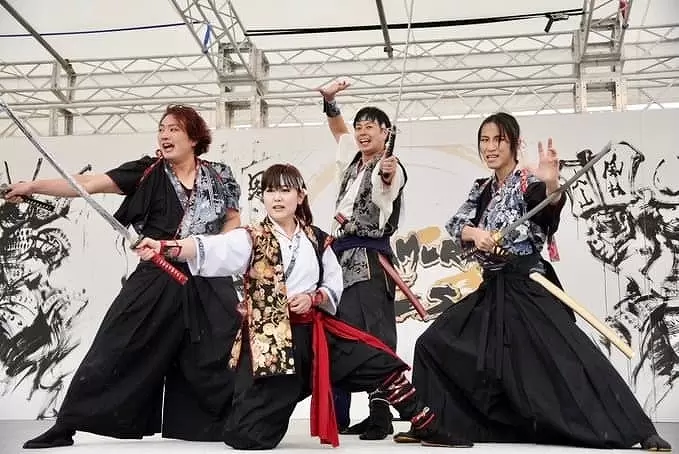

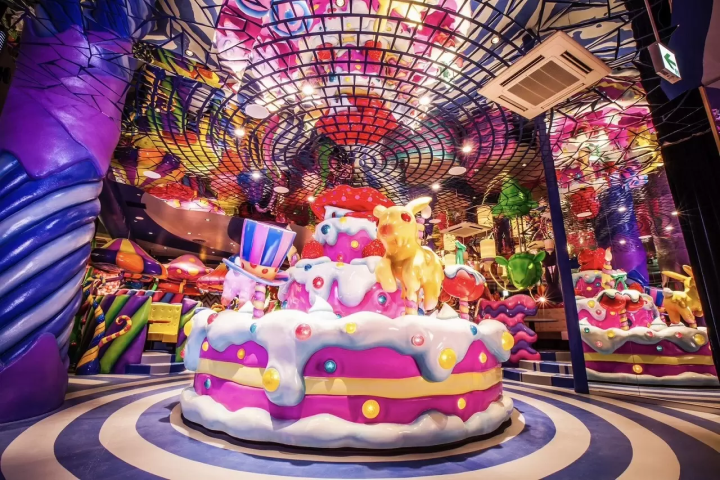
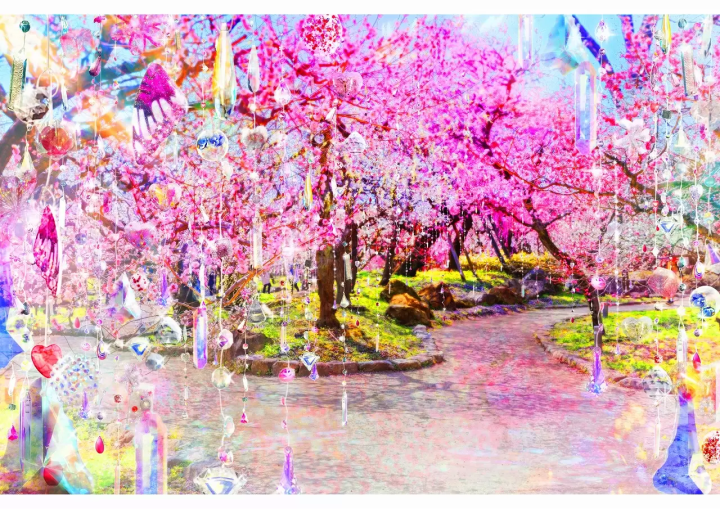
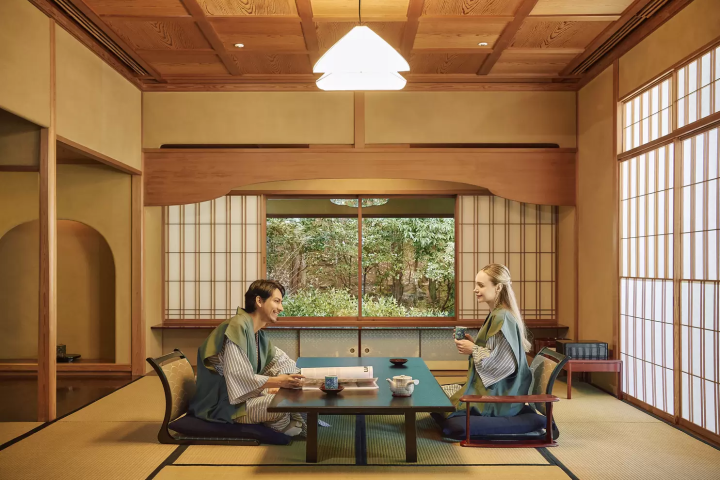


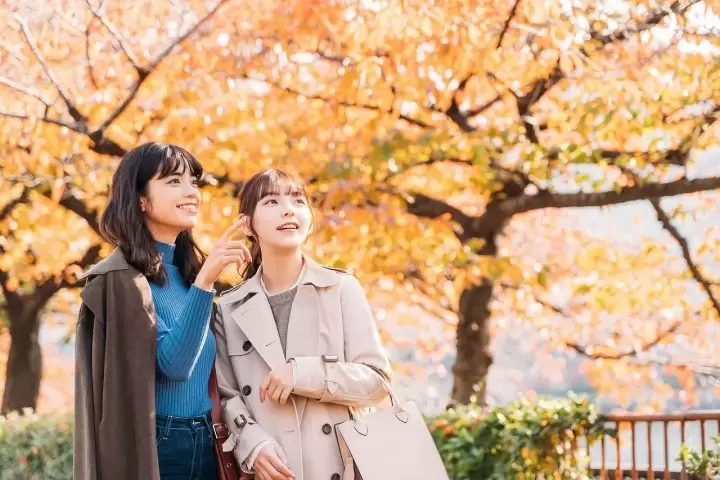


![[50 minutes by car from Nagoya] Experience "sake and culture" in Tokoname](https://resources.matcha-jp.com/resize/720x2000/2026/01/13-255411.webp)


